Vamos tomar café is one of the most commonly used phrases in the Portuguese vernacular. This simple three-word phrase for “let’s have coffee” is used as a pretext for anything from getting away from work for five minutes, to needing to catch up on gossip, to going out for a night of drinking, and so much more. Because coffee is such a key part of life in Portugal, Portuguese people tend to stick to what they were raised on. So if you expect to enjoy a “triple, half sweet, non-fat, caramel macchiato” anywhere in Portugal except at a Starbucks, you’re going to be seriously disappointed. But if you stick to the post below, you’ll be greeted with impressed looks, smiles and a good coffee that the waiter will actually be able to make for you. Here’s your guide to ordering coffee like a real Portuguese person.
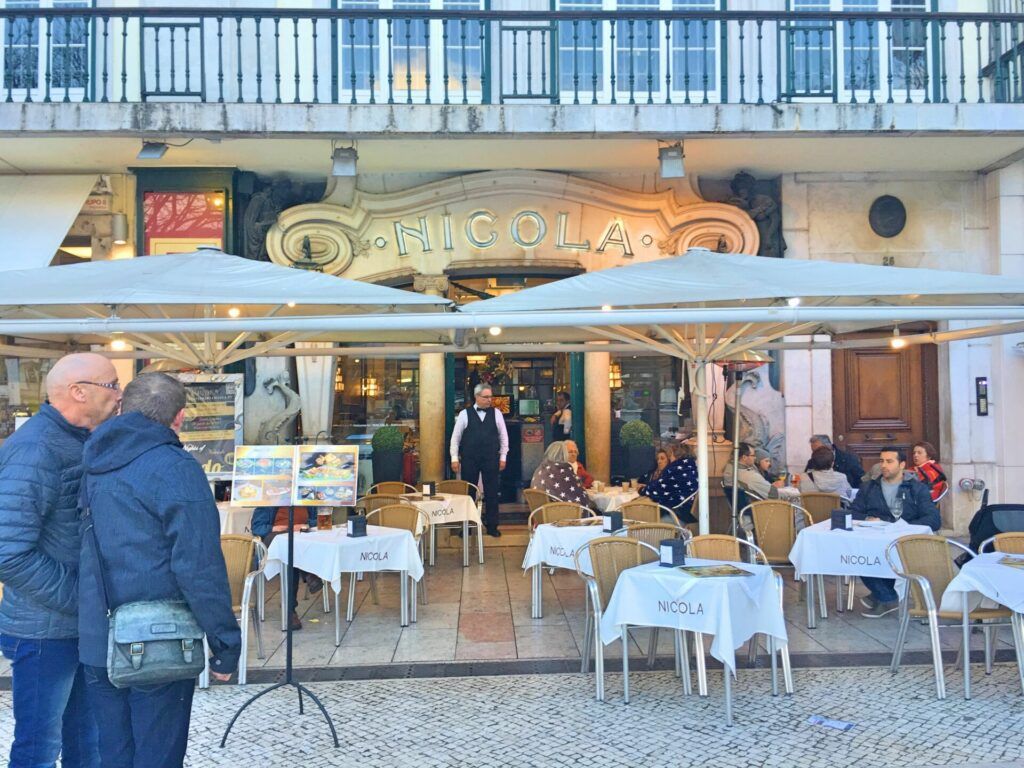
First things first: let’s learn how to pronounce café (coffee) correctly. It’s: cuh-fé’ (cuh as in the start of “calamity” and fé as in “felt”), with the stress on the last sentence. Great job – you did it! At the end of a meal, the waiter may ask you deseja(m) café? or vai (vão) desejar café? which means “would you like coffee?”. If you do want coffee, you’ll say sim, followed by the number and type of coffee you want. Below are your typical options:
Café This is a standard espresso shot served in a tiny espresso cup, filled to about 2/3 of the way. Insofar as your options here, you can a) ask for a glass of water to water it down or cool it down a little bit; b) ask for a café cheio, meaning you want them to fill to the top of of the espresso cup; or c) ask for a café curto, where the espresso cup is only half-filled. Bica (pronounced “beak-a”) is a colloquial Lisbon term for this type of coffee. Cimbalino (“seemba-lee-noo”) is the equivalent in Porto. Expect to get sugar, sweetener and – if you’re lucky – a little chocolate to go with this. No milk under any circumstance. For a double, ask for a duplo (doop-loo).

Galão If you prefer a milkier coffee, a galão might be just what you need. Usually drank in the mornings, a galão is a shot of café served in a tall glass and topped with milk. A staple breakfast beverage for many Portuguese, usually with buttered toast (or a pastel de nata). If you go to Portugal, you have to try this at least once!
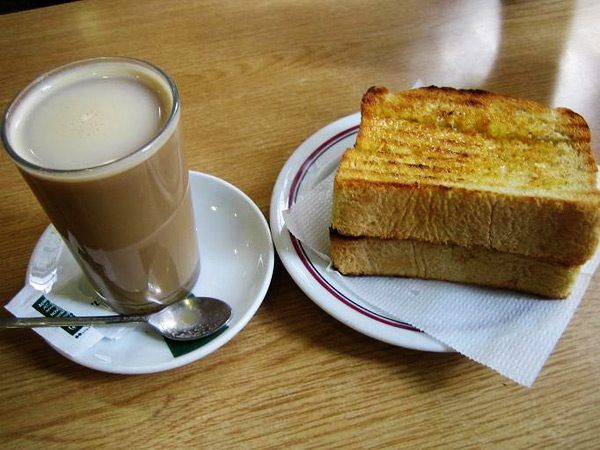
Meia de leite Similar to a galão, but with equal ratios of milk to coffee (whereas the galão has significantly more milk). Usually though, a meia de leite (“may-uh de lay-t”) is served in a round coffee cup instead of a tall glass.
Descafeinado Sometimes you just want a decaf, so when you’re in Portugal, you’ll order a descafeinado (“dsh-cuh-fuh-ee-na’-do”, with the accent on the a).
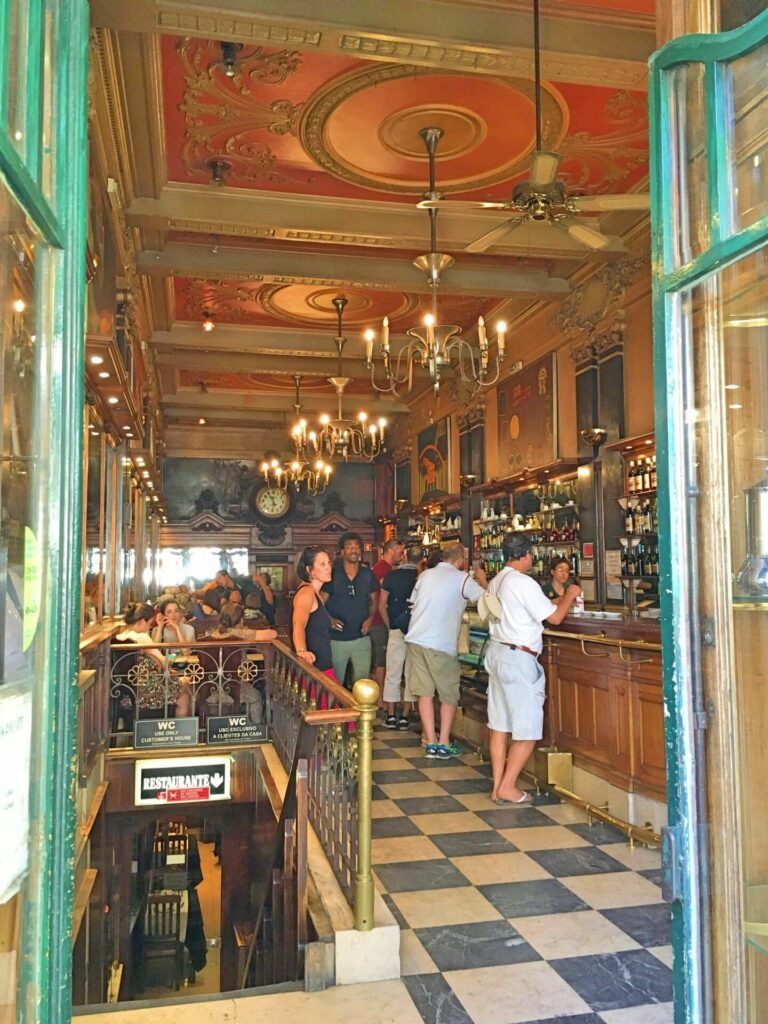
Garoto or Pingo In Lisbon, it’s known as a garoto (guh-ro’-too), in Porto it’s known as a pingo (peen-goo’). It’s a shot of café topped with foamy milk.
Carioca A slightly diluted café, the carioca (“cuh-ree-o’-cuh”, the o sounding like the o in “optics”) is made using coffee beans that have been just been used for another coffee (so your coffee is the second coffee to come from those beans, making it weaker). Alternatively, some add hot water to the bottom of espresso cup before the coffee. Please do not confuse it with a carioca de limão (rookie mistake!), which is lemon peel in boiling water – and a lovely, caffeine-free way to finish a meal, might I add.
Pingado A pingado (peen-gah’-doo) Is a shot of café with a little cold milk added on top.
Abatanado Served in a medium cup, this is a larger, weaker coffee, probably more suited to American palates.
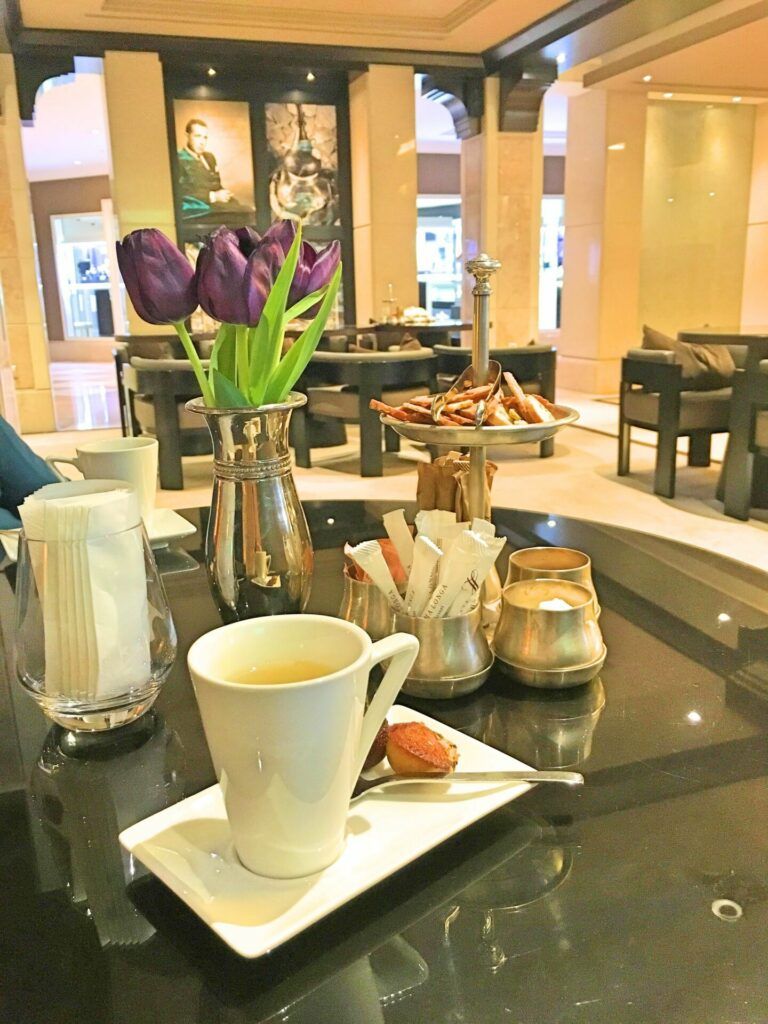
Coffee in Portugal isn’t a fancy affair (in fact, it’s actually very cheap compared to other countries, at about 60 euro cents a pop) but it’s certainly an important one. I began this post by saying Portuguese people will make any excuse to go tomar um café. Don’t let the language barrier the the excuse that prevents you from enjoying this integral part of Portuguese culture.
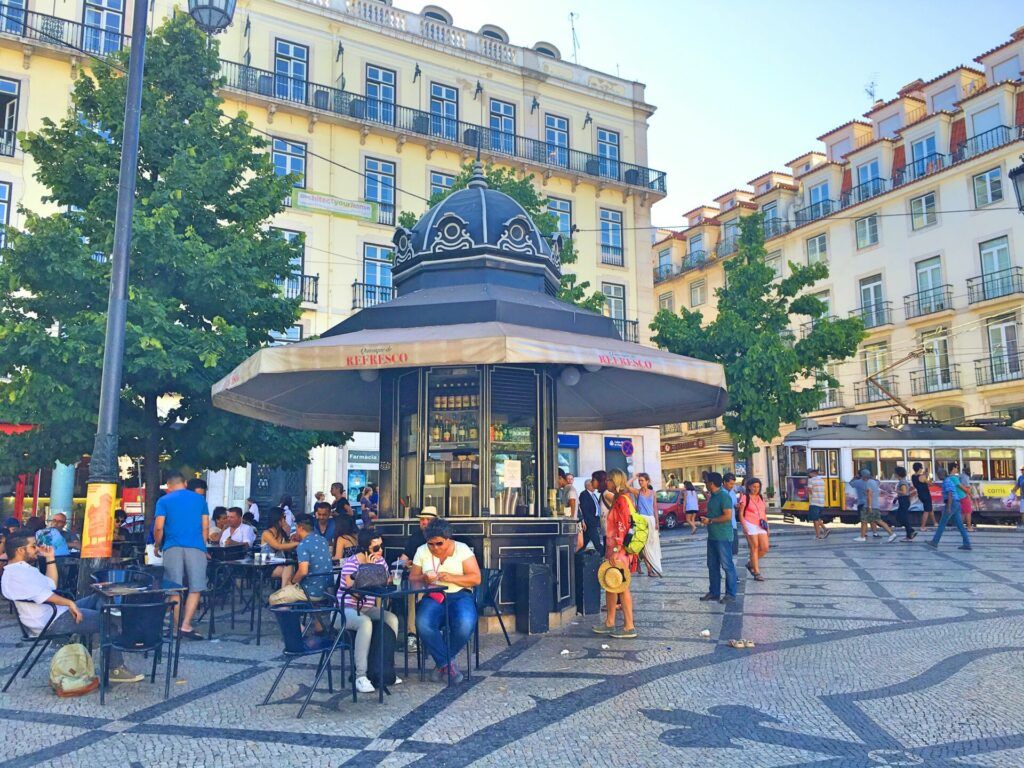
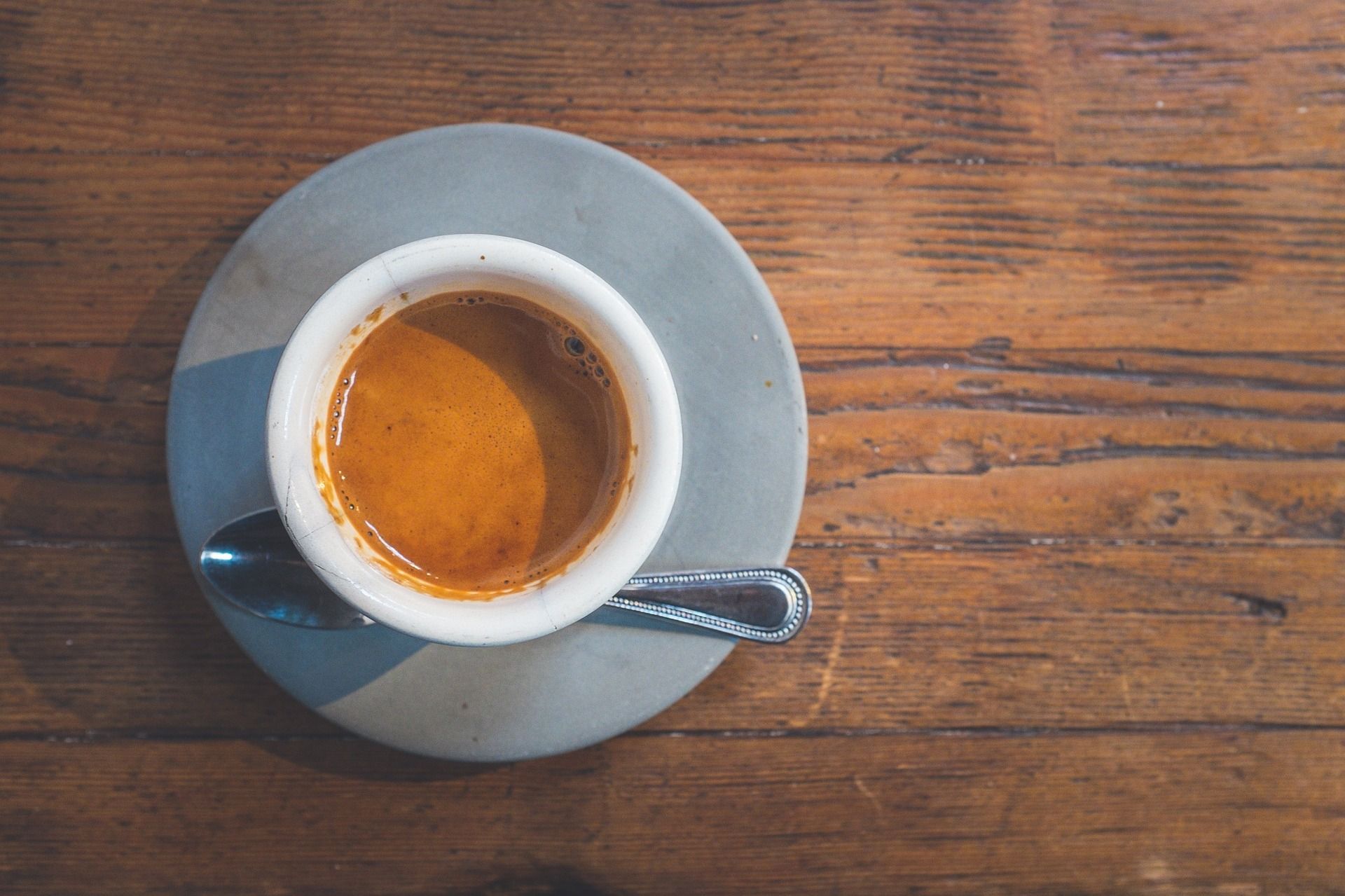


Can find a suitable substitute here for all but the galao which happens to be my favorite drink with a little something sweet.
You can’t just take whatever you use for the bica and put it in a glass and add milk? Is it because the milk tastes different in the US?
Must be. There is no substituting the taste. I’ve tried heating and frothing the milk but the combo here tastes like milk rather than coffee with milk. Besides that, there is a lack of atmosphere here. People don.t drink coffee here, they buy, sip and run.
Maybe try UHT milk?